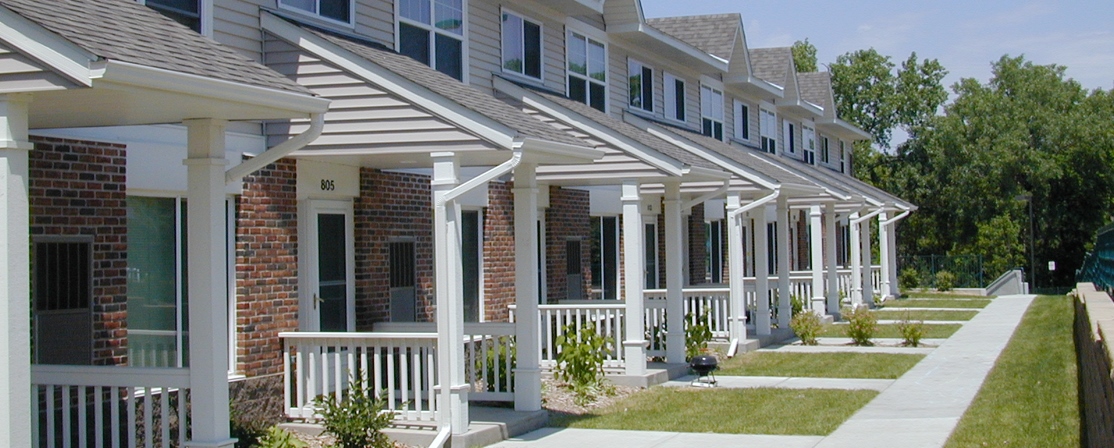Last year, one out of 30 children experienced an episode of homelessness. 
That number is simply unacceptable.
Recently, two other numbers with profound implications on low-income families have been in the news.
That first one is $6 billion, the proposed reduction in the HUD budget. This would be accomplished by eliminating the Community Development Block Grant program and decreasing housing vouchers by 20%, among many other cuts. We can assume the White House believes that the combination of tax reform raising incomes, deregulation spurring home building, and spending on infrastructure offsets the loss of resources to support affordable housing.
I have my doubts. Even in times of economic growth, we have seen family homelessness remain stubbornly unmovable: typically, rising rents outstrip earning power. In harder times, the affordable housing market is squeezed further by those with more wealth and capacity occupying the limited housing that can be accessed by poor families.
Families become homeless for many reasons; loss of a job, health issues, or a family breakup are just a few. But the bottom line is the gap between income and the cost of housing. As the national leader on the issue of family homelessness, Family Promise helps families find employment, gain income, and stabilize their lives. But the inaccessibility of affordable housing can mean adults who have succeeded in their goals and are working full time still cannot locate a suitable place to live with their children.

Spring St. Affordable Home, FP Hall Co.
That is where the second number comes in: 7.4 million. According to the National Low-Income Housing Coalition, “More than 11.4 million extremely low income renter households in the U.S, whose income is no greater than 30% of their area median income (AMI) or the poverty guideline, face a shortage of 7.4 million affordable and available rental homes.” Until we either have more affordable units or higher incomes, hundreds of thousands of families with children will remain homeless, with many more unstably housed and at constant risk of homelessness.
These two numbers are on a collision course, and low-income families are at the point of impact.
However, there are actions we can take. A combination of community engagement, changes to local policy and well-deployed resources from HUD can meaningfully impact the number of homeless families in our country.
The first step is for all of us to get involved on a personal level. Volunteer with Family Promise and at other agencies who serve families experiencing homelessness. Give your time, donate money, and consider what you can do directly to change people’s lives. Providing food and shelter is essential, but families also need willing partners who can share their skills and connections. This can run from teaching a financial literacy class to working with your employer to provide a pathway to employment to serving in leadership for a local organization as a board member. Doing so empowers families toward long-term sustainability through stable income and increased opportunities.
Next, learn about state and local policy that affects low-income families. What is your city’s approach to dedicated development of affordable housing? Is your state considering eviction expungement? How easy is it to get from low-income neighborhoods to service jobs via public transportation? Act on what you have learned; join local advocacy organizations. Events as seemingly inconsequential as an unpaid parking ticket or a change in work hours precipitate a spiral into homelessness that sensible local responses could have stemmed.
Finally, contact your representatives in Washington. Let them know that family homelessness is a crisis that they can do something about. Warn them that cutting anything, let alone slashing $6 billion from the HUD budget, puts more children and families at risk.
Tell them the most important number of all: even one homeless child is too many.

